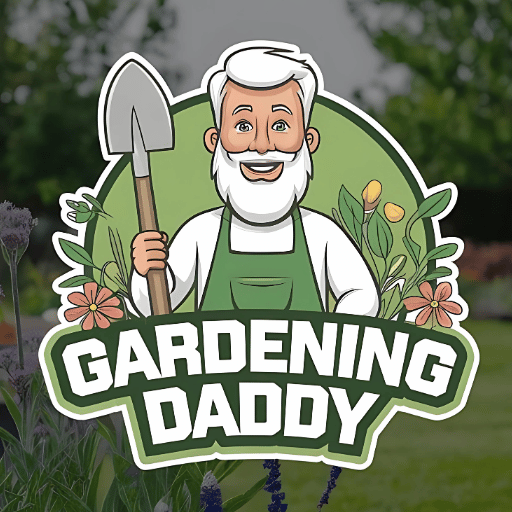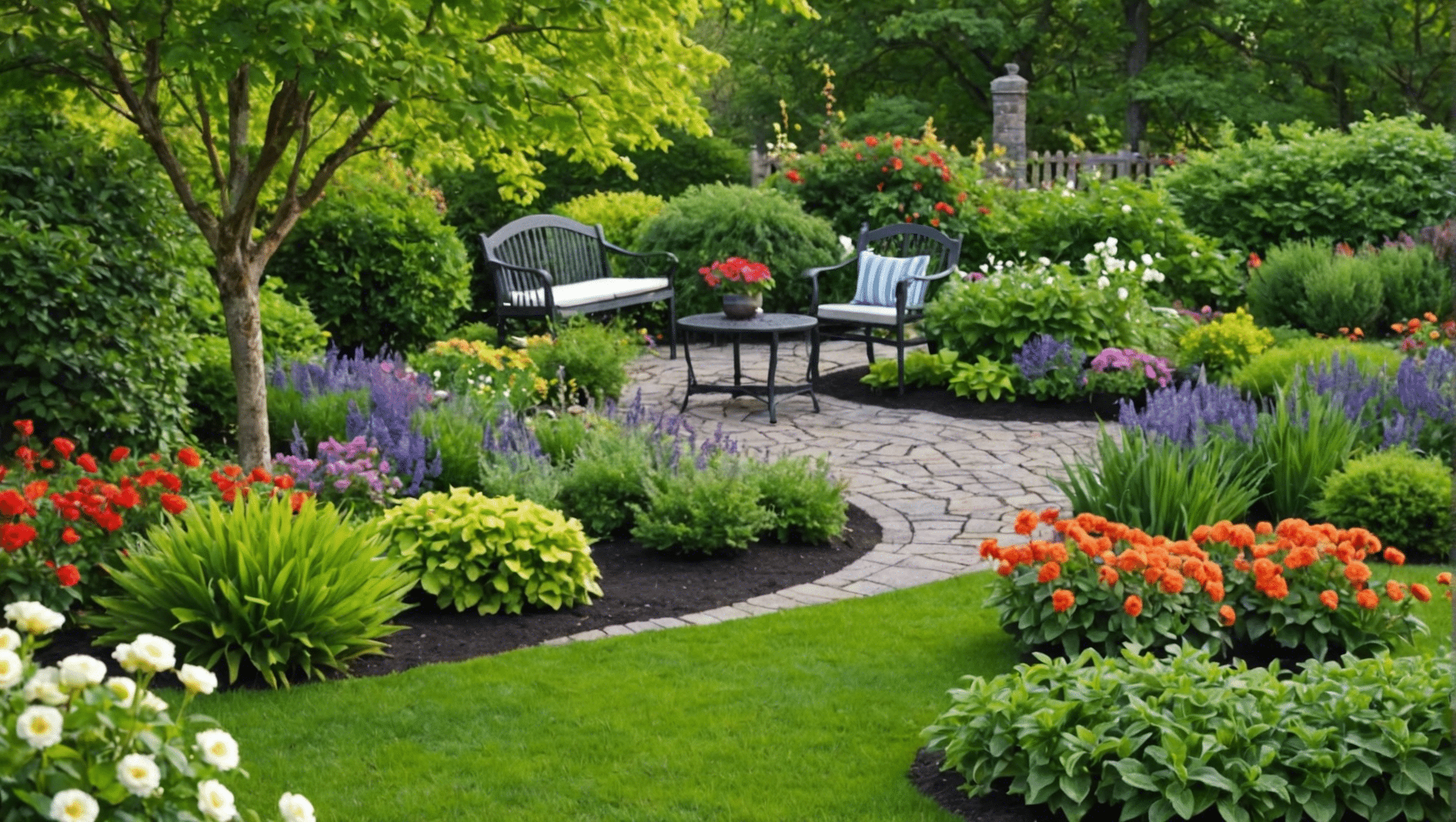Gardening is not only a fulfilling hobby but also a wonderful way to connect with nature and create your own green space. For beginners, starting a garden can be both exciting and overwhelming. With the right guidance, even those without prior experience can cultivate a thriving garden. This guide will walk you through the top 10 best gardening tips for beginners to ensure your gardening journey is smooth and successful.
Start with the Right Tools
Having the right tools is essential for any successful gardening endeavor. As a beginner, you don’t need to invest in a wide range of equipment, but there are some basic tools you’ll want to have. These include a trowel, pruning shears, a spade, a watering can, and gloves. Opt for quality tools that are durable and easy to handle, as they will make your gardening tasks much more manageable.
Well-maintained tools not only make your work easier but also help protect your plants from damage. Regularly clean and sharpen your tools to keep them in top shape.
Choose the Right Location
Location is key to a healthy garden. Most plants require plenty of sunlight to thrive, so choose a spot that gets at least 6 hours of sunlight per day. If you’re growing vegetables, this becomes even more important since most of them are sun-loving plants.
Consider factors such as soil drainage and protection from strong winds when selecting your garden’s location. Raised beds or containers are great options if your outdoor space has poor soil or limited sunlight.
Know Your Soil
Healthy plants start with healthy soil. It’s essential to understand the type of soil in your garden and how to improve it for optimal plant growth. Perform a simple soil test to determine its pH level and nutrient content. Most plants prefer slightly acidic to neutral soil (pH 6-7).
If your soil is sandy or clay-heavy, you may need to amend it by adding organic matter such as compost. Compost enriches the soil, improves its structure, and promotes healthy root development. Starting with the right foundation will help your plants grow strong and vibrant.
Start with Easy-to-Grow Plants
For beginners, it’s best to start with plants that are easy to grow and maintain. Some beginner-friendly plants include marigolds, sunflowers, lettuce, and radishes. These plants are resilient and don’t require complex care routines.
By choosing low-maintenance plants, you’ll gain confidence as you learn the basics of gardening. Once you’ve mastered these, you can gradually introduce more challenging varieties into your garden.
Watering Techniques
Proper watering is crucial to a plant’s health, but it can be tricky for beginners to get right. Overwatering is one of the most common mistakes made by new gardeners. Always check the soil moisture before watering—if the top inch of soil feels dry, it’s time to water.
Different plants have different water needs, so research the requirements of the specific plants in your garden. Water in the morning whenever possible, as this allows the plants to absorb moisture before the heat of the day sets in.
Use Mulch to Your Advantage
Mulch is a beginner gardener’s best friend. Applying mulch around your plants offers numerous benefits, such as retaining moisture, suppressing weeds, and regulating soil temperature. Organic mulches, such as straw, wood chips, or compost, also break down over time, enriching the soil with nutrients.
Make sure to leave a small gap between the mulch and plant stems to prevent rot. Mulching is a simple yet effective way to maintain a healthy garden with less effort.
Learn About Planting Seasons
Understanding planting seasons is essential for growing a successful garden. Different plants thrive in different climates and seasons, so it’s important to know when to plant your chosen crops. For example, cool-season vegetables like spinach and broccoli should be planted in early spring or fall, while warm-season crops like tomatoes and peppers do best when planted in late spring or early summer.
Consult your local gardening calendar to ensure you’re planting at the right time of year. Knowing the planting schedule for your region will help your plants flourish.
Organic Fertilizing
Fertilizers provide plants with essential nutrients they might not get from the soil alone. Organic fertilizers, such as compost, manure, or seaweed, are ideal for beginners because they improve soil health over time and reduce the risk of over-fertilizing.
Always follow the recommended application rates to avoid damaging your plants. Slow-release fertilizers are a great option because they deliver nutrients steadily over time, encouraging consistent growth.
Pest Control for Beginners
Pests are an inevitable part of gardening, but they don’t have to ruin your efforts. There are many eco-friendly ways to control pests without resorting to harsh chemicals. Companion planting, where certain plants naturally repel pests, is one effective method. For example, marigolds deter aphids, and basil repels mosquitoes and flies.
Encouraging beneficial insects, like ladybugs and lacewings, which prey on harmful pests, is another natural way to protect your garden. Regularly inspect your plants for signs of pests, and address issues before they become major problems.
Be Patient and Enjoy the Process
Gardening is a journey, not a race. It takes time to see the results of your efforts, but with patience and persistence, your garden will thrive. Be prepared to make mistakes along the way—that’s part of the learning process. The more you garden, the more you’ll understand your plants and how to care for them.
Most importantly, take the time to enjoy the process. Gardening offers numerous physical and mental health benefits, from stress relief to physical exercise. Savor each step of your journey to becoming a successful gardener.
Conclusion
Starting a garden may seem daunting, but with the right knowledge and tools, even beginners can create a thriving green space. By following these top 10 gardening tips, you’ll set yourself up for success and enjoy the many rewards of gardening. Remember to start small, choose the right plants, and be patient with yourself as you learn. Happy gardening!
For more gardening tips and resources, be sure to check out Gardening Daddy’s website for additional guides and advice.

